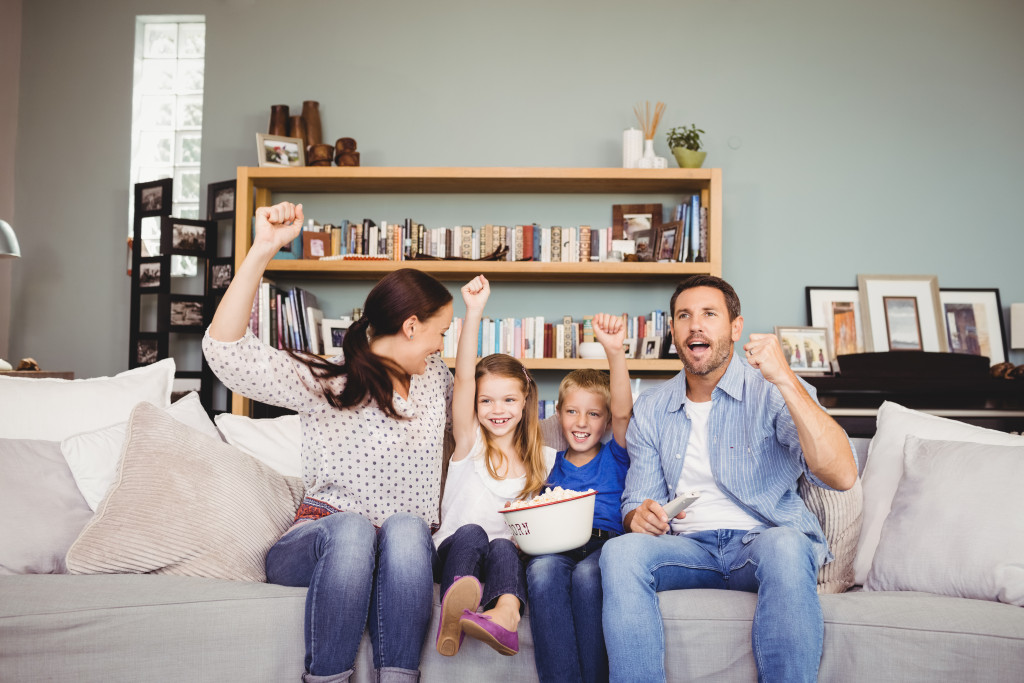One of the most glaring impacts of the COVID-19 pandemic is the limitations on social activities. Because of social distancing protocols, people are encouraged to be at least 6 feet apart, stay at home, and avoid large gatherings. As a result, people could not see their friends or relatives. Everyone was driven into isolation, especially at the height of the virus and its variants.
The importance of socialization in humans is undeniable. It helps our mental health, contributes to the feeling of belongingness, and is a source of comfort. For kids, the role of socialization is more crucial. The effects of the lack of socialization in their formative years could manifest in their adult life.
The Role of Socialization
Socialization during the formative years allows children to learn how to deal with social situations. This is where they begin to have a gist of how conversations should go. They also learn how to regulate their emotions, tolerate frustrations, and express their feelings.
At the age of 0-2 years old, children need a lot of interaction from their parents and caregivers. While this is the stage where they love their toys, they like to be involved in “parallel play.” This is where children are around other children who are engaged in the same activities as them, such as playing with toys.
By ages 2-3 years old, kids become more involved with socializing. They begin to understand the concept and value of friendships. Through socialization at this stage, they learn to be more involved in groups. As children grow older, they become closer to their peers and see the value of belonging to a group.
Socialization in the COVD-19 Pandemic
With social distancing restrictions, it’s difficult to organize gatherings without other people—let alone a bunch of kids. The good thing is that some countries around the world have rolled out vaccines which helped lift some restrictions. Even then, it’s best to go out and mingle with other people while staying safe. So, wearing a mask and staying far apart should still be in place. Safety precautions in mind, here are activities to promote socialization in children:
Family Time

Family time is the most accessible and available form of socialization during the pandemic. Family members have more time to be home more often. By giving the children attention, they can supplement the needs of the child in terms of socialization. An important part of the process is to validate young kids. This way, they will know that their family members acknowledge their needs and recognize their mere existence.
Family time comes in many forms. It could be eating a meal together or staying in the living room together. The family could also organize a game night (or day) where everyone can play board games, charades, etc.
Meet-ups
Meet-ups with other parents, children, or families are possible, but every party involved should be wary of health protocols. Aside from wearing a mask and social distancing, people involved should make sure that they were not exposed to any potential threat prior to the meeting.
An additional safety measure is planning the meet-up to be in an open space. Open spaces are especially safe because the ventilation is perfect. The airborne virus won’t be able to stay in the area for long.
Through this, children will be able to interact with other people and have access to “parallel play”. Those in their formative years can build friendships with other children their age. Additionally, teenagers can physically socialize with their friends and lessen the feeling of isolation.
Camps
Summer camps offer a lot of activities to help children participate in a group setting. They can do arts and crafts with their friends and share their works. There are also field day games to encourage teamwork, camaraderie, and socialization in groups. This kind of socialization allows children to learn how to adapt in groups, regulate their emotions, and learn the ins and outs of conversations.
Moreover, camps can encourage children to be more active in the time of the pandemic. For many months, people have been stuck at home, and some have fallen into a lethargic lifestyle. Enrolling a child in a dance camp, for example, helps them become physically active while having fun and learning a new skill.
The Key Takeaways
Slowly integrating social events in the new normal is the key to make up for the lost socializing time. Organizing meet-ups, having quality family time, and enrolling the kid in summer camps are only a few ways to helps kids engage in social settings.

